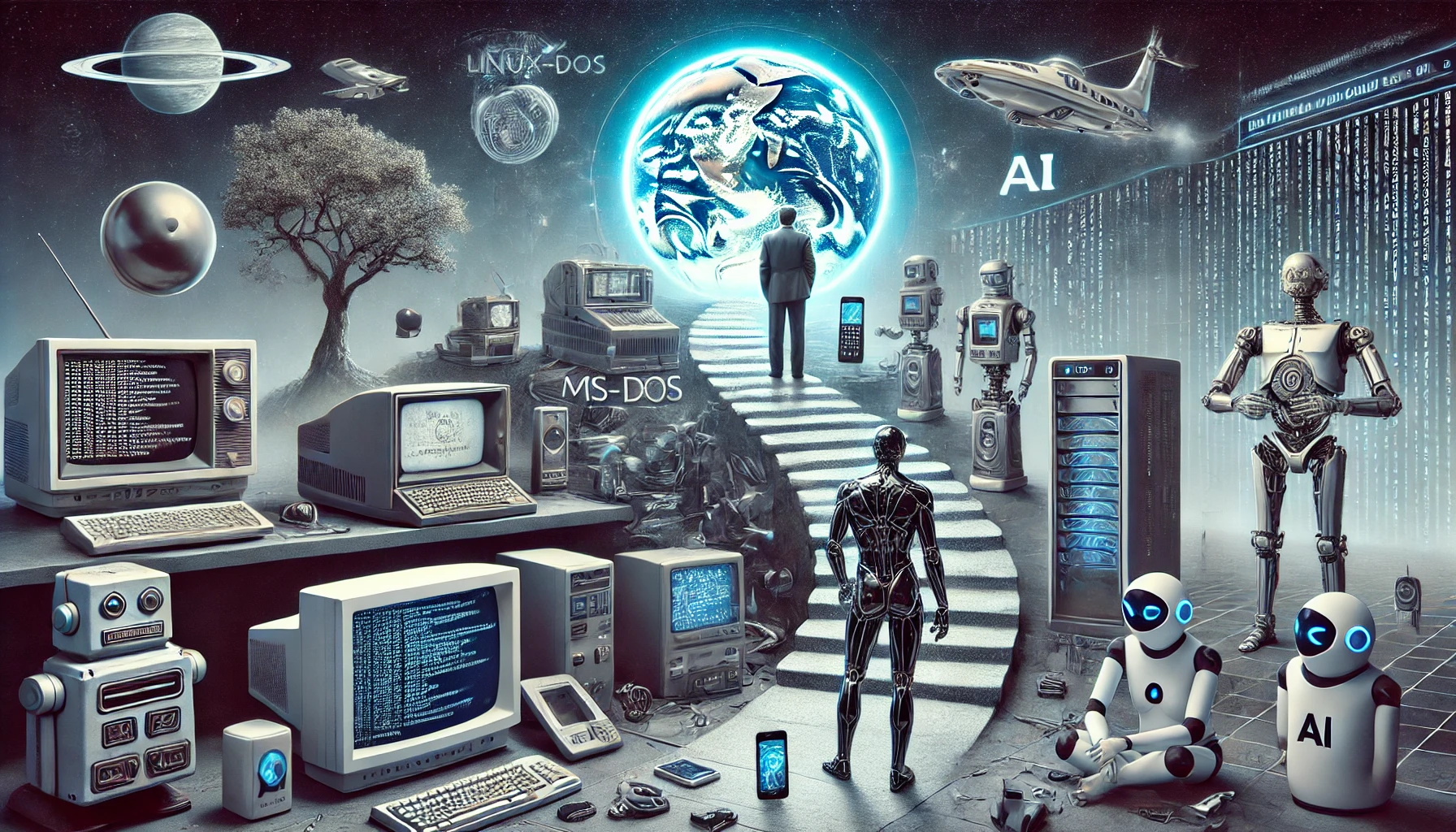Technology has changed a lot over the years. I’ve seen it firsthand—black-and-white TVs turning into LED screens, landlines replaced by smartphones, and computers evolving from MS-DOS to powerful Unix-based systems. But one of the biggest shifts I’ve witnessed was the rise of Linux.
Back in the late ’90s, when I first installed Mandrake Linux, I told people that Unix-like systems would become universal. Most thought I meant everyone would use them on their personal computers. But what I really meant was that everything—devices, servers, the internet—would run on them. And today, that’s exactly what has happened. Android, cloud computing, and AI infrastructure all rely on Unix-based systems.
But now, we’re in the middle of an even bigger shift: AI is becoming the new universal system.
AI Is Everywhere—But Who’s in Control?
Just like Linux quietly became the backbone of computing, AI is embedding itself into everything—often in ways we don’t even notice. It’s not just about chatbots and automation anymore. AI is writing code, making decisions, influencing content, and optimizing entire industries. The real question isn’t whether AI will take over—it’s who will control it?
When Linux took off, open-source communities kept things transparent. But AI is different. While open-source AI projects exist, the most powerful models are controlled by a handful of corporations. And here’s the tricky part: as AI keeps advancing, it’s becoming harder to tell if a human is in control—or if AI itself is shaping its own evolution.
The Problem: How Do We Keep AI in Check?
Imagine an open-source AI movement. Sounds great, right? But how do we make sure it’s really humans leading it? AI is already generating code, proposing improvements, and even engaging in discussions. We could soon reach a point where AI is steering its own development, and we won’t even realize it.
Maybe we’ll need some kind of “proof of humanity” system—something to verify that humans are still calling the shots. But then, who controls that system? That creates another problem: in trying to regulate AI, we might create a new authority so powerful that it becomes a bigger risk than AI itself.
So, Where Are We Headed?
One thing is clear: AI, like Unix, is becoming the foundation of everything. But while Unix remained a tool for humans, AI has the potential to become an independent force.
The big question now isn’t whether AI will integrate into our world—it already has. The real question is: will AI remain under human control, or are we heading toward a future where it’s quietly running the show?
